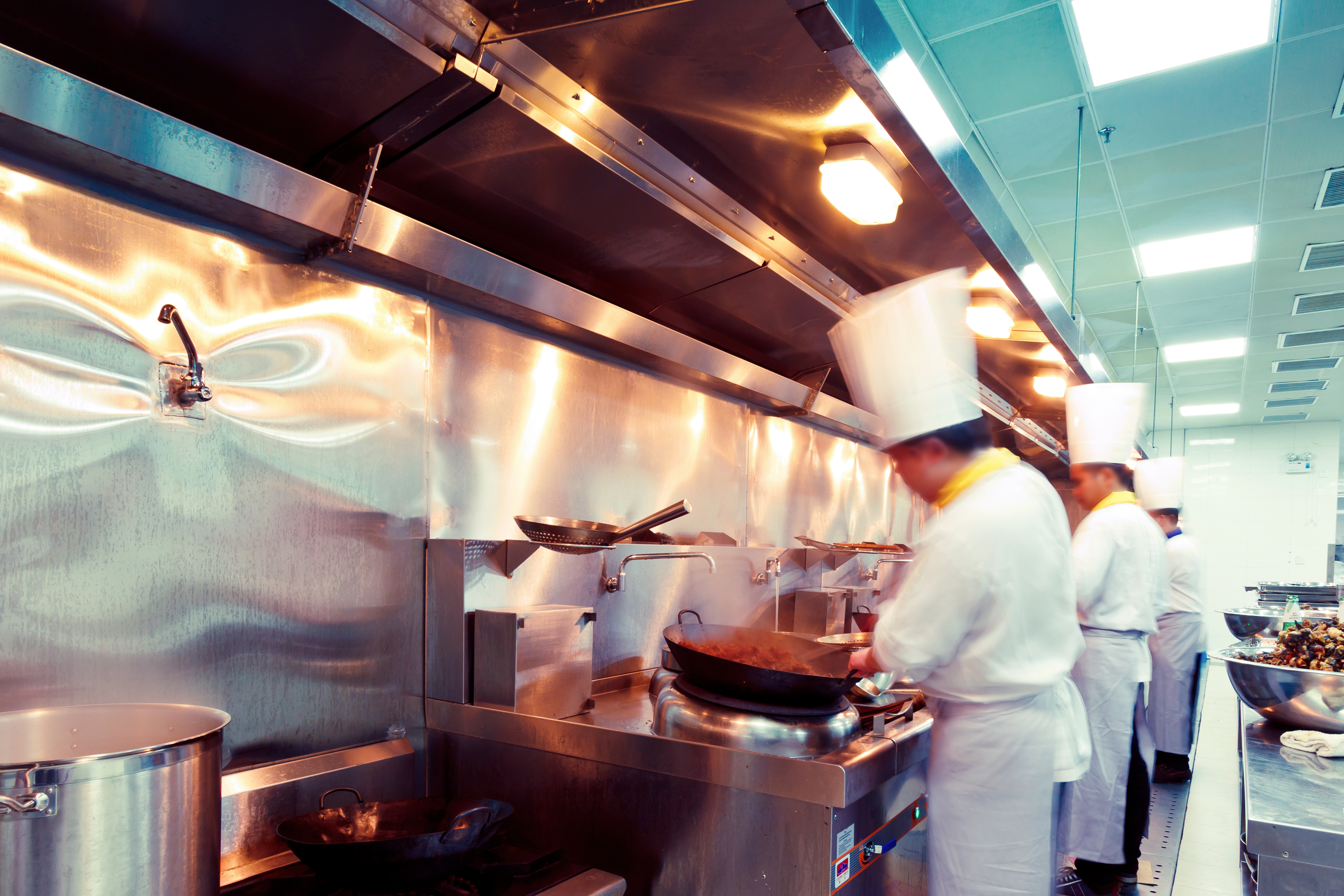Running a restaurant comes with risks. Anytime a customer gets sick, you may face a complaint or a lawsuit. While you can’t control everything, you do have control over many potential problems. Taking care of your kitchen and making sure you don’t invite problems in can go a long way in helping you avoid problems. A restaurant safety expert can help you identify and limit preventable issues in your kitchen.
Avoid Allergy Problems
Food allergies can create serious health problems for people exposed to food products that are dangerous to them. Chances are, you serve foods that have ingredients harmful for someone, whether it is gluten, eggs, nuts, dairy, wheat, or any of a host of other allergens. You cannot create a menu that does not have something in it a person would find unsafe for their needs. You can, however, disclose potentially hazardous ingredients. Good communication can prevent someone from eating something he or she should not, or at least protect you if someone does. A restaurant safety expert can help you identify potentially harmful ingredients and craft a message to help evade or defend against lawsuits related to allergic reactions.
Source Your Foods Carefully
Contaminated foods and ingredients can bring trouble to your restaurant. E. coli and other bacterias that infect your products get passed on–typically to several customers all at once. To help prevent this, make sure you rely on vendors you know and trust. Order meats and eggs that are USDA-inspected and approved. Work with certified vendors and make sure a process is in place to help ensure safety. The more robust your vendor selection and purchasing processes, the less likely your customers will become ill–and litigious.
Tighten Your Receiving Processes
Even foods that come in safely can create problems if your intake process fails you. Your restaurant should use checklists and procedures for safe receiving and handling as part of your restaurant business plan. Both food and materials should be subject to your defined receiving processes, and you should audit regularly to make sure everyone follows them. This includes checking food temperatures, looking for signs of thawing, and storing foods immediately and correctly. Refusing foods or insisting on following processes will not always be easy, but the risks are too great when you deviate from the right way to bring product in.
Sanitize Your Kitchen
You must follow sanitation guidelines for your kitchen area to prevent food-borne contaminants. This includes surfaces and equipment, wherever you are storing or preparing food. Carefully separate foods to avoid cross-contamination with bacteria. Disassemble and clean all of your equipment and preparation surfaces with hot, soapy water and recommended sanitizers. Wash fruits and clean vegetables separately. There is no excuse for failing to keep your kitchen sanitized every day.
Focus on Hygiene
Finally, your restaurant staff must practice good personal hygiene. Use uniforms and keep them clean with recommended procedures for the fabrics they contain. Have them remove aprons and wash hands thoroughly after using the restroom or working around garbage. Require shoes that are both slip-resistant and resistant to transferring contaminants. Your team members should wear gloves, keep hair and nails trimmed, and take all measures needed to avoid creating sanitation problems for your restaurant.
How a Restaurant Safety Expert Helps
The legal and regulatory side of running a restaurant can be complicated and frustrating. Your recipes and the quality of your food and atmosphere gain much of your focus, but you always need to remain aware of baseline health and safety issues. A restaurant safety expert can go through your kitchen and entire restaurant to help you identify the potential hazards you face, including allergies, kitchen sanitation errors and receiving processes. Beyond personal expertise, he or she stays up to date on the maze of regulations that affect your business. At Perry Group International, we have the experience and expertise that can help you do all you can to avoid food-related lawsuits.






